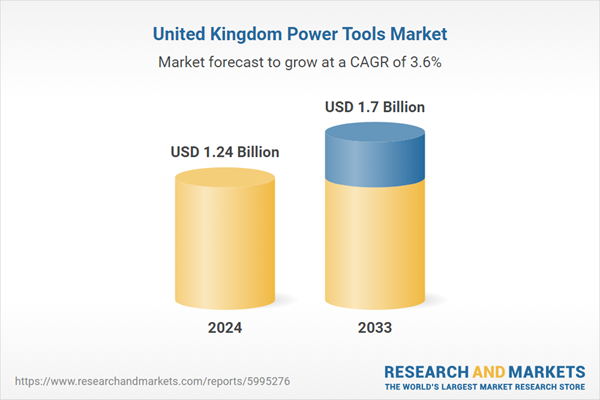Power tools are constructed using a combination of durable materials, advanced engineering, and electrical or pneumatic systems. The main components of power tools typically include a motor, a power source (such as electricity or compressed air), a gearbox or transmission mechanism, and a variety of specialized attachments or accessories. When activated, the motor converts the input energy into rotational motion, which is then transmitted to the tool's working end through the gearbox or transmission. This allows the tool to perform a wide range of functions, such as cutting, drilling, sanding, or shaping materials, with enhanced speed and accuracy.
Power tools offer numerous advantages, including increased productivity, reduced labor, and enhanced precision compared to manual tools. They enable users to tackle tasks with greater ease and efficiency, saving time and effort. Furthermore, they come in various types to cater to different applications. Some of the common variants include drills, saws, sanders, grinders, and nail guns, among others. Each type is designed with specific features and functionalities to address various needs in construction, woodworking, metalworking, and other industries.
United Kingdom Power Tools Market Trends:
The United Kingdom power tools market is primarily favored by several key factors, including rapid technological advancements and the introduction of new product variants with innovative features and functionalities to enhance performance and user experience. Moreover, the growing demand for efficiency and productivity across various industries, such as construction, automotive, and manufacturing, and the increasing adoption of do-it-yourself (DIY) projects and home improvement activities by homeowners are contributing to the market growth.Furthermore, favorable government initiatives and regulations promoting sustainable practices and energy-efficient tools are encouraging a gradual shift towards environmentally friendly power tools, which, in turn, is creating a positive outlook for the market. Furthermore, the rapid expansion of e-commerce platforms and online retailing, and the expanding construction industry are propelling the market growth. Other factors, such as the emergence of cordless power tools with improved battery technology and portability and the availability of a wide range of power tool accessories and attachments, are contributing to the market growth.
Key Market Segmentation:
The research provides an analysis of the key trends in each segment of the United Kingdom power tools market, along with forecasts at the country levels from 2025-2033. Our report has categorized the market based on product type.Product Type Insights:
- Drill Bits
- Circular Saw Blades
- Coated Abrasives
- Screwdriver Bits, Holders & Accessories
- Diamond Drilling & Cutting
- Reciprocating Saw Blades
- Cutting & Grinding Discs
- Tool Chucks
- Jigsaw Blades
- Points & Chisels
- Wire Brushes
- Multi-Tool Blades
- Others
Competitive Landscape:
The report has also provided a comprehensive analysis of the competitive landscape in the United Kingdom power tools market. Detailed profiles of all major companies have been provided.Key Questions Answered in This Report:
- How has the United Kingdom power tools market performed so far, and how will it perform in the coming years?
- What are the drivers, restraints, and opportunities in the United Kingdom power tools market?
- What is the impact of each driver, restraint, and opportunity on the United Kingdom power tools market?
- What is the breakup of the market based on the product type?
- Which is the most attractive product type in the United Kingdom power tools market?
- What is the competitive structure of the United Kingdom power tools market?
- Who are the key players/companies in the United Kingdom power tools market?
Table of Contents
Table Information
| Report Attribute | Details |
|---|---|
| No. of Pages | 120 |
| Published | June 2025 |
| Forecast Period | 2024 - 2033 |
| Estimated Market Value ( USD | $ 1.24 Billion |
| Forecasted Market Value ( USD | $ 1.7 Billion |
| Compound Annual Growth Rate | 3.6% |
| Regions Covered | United Kingdom |









